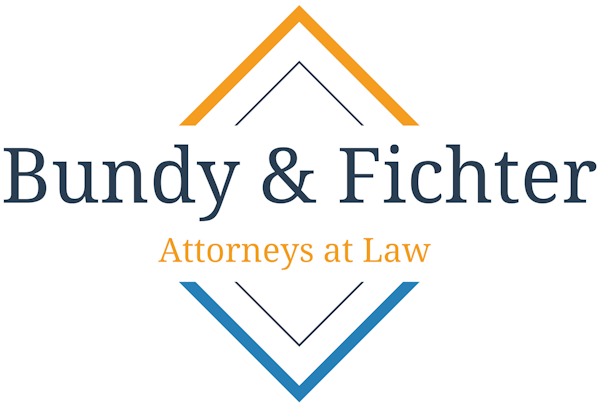On February 22, 2023, the United States Supreme Court clarified that if your partner commits fraud and becomes liable for damages, you, as a partner, are also liable. Most importantly, the damages may not be dischargeable in bankruptcy. In other words, you may not even know your partner lied, but you can be subject to a judgment for damages that will follow you forever. The case is Bartenwerfer v. Buckley, 598 U.S. 69, 143 S.Ct. 665 (2023).
The Bartenwerfer case matters because, up until this decision, there was a split in the circuits, meaning that the 9th Circuit (Alaska, Washington, Oregon, California, Hawaii, Montana, Idaho, Nevada, Arizona), the 7th Circuit (Wisconsin, Illinois, Indiana), and the 8th Circuit (Missouri & Minnesota) all declined to impose such liability unless the “innocent” partner either knew or should have known of the fraud. To the contrary, the 5th Circuit (Texas, Louisiana, Mississippi), 6th Circuit (Michigan, Ohio, Kentucky, Tennessee), and 11th Circuit (Alabama, Georgia, Florida) imputed the fraud to the innocent partner who then was treated the same as the “guilty” partner.
The Bartenwerfer decision changes the law for more than half of the people in the United States. In the case, two people became partners in a business to purchase and “flip” a house. They also got married sometime in the process. The wife was uninvolved in the business and had no idea that her partner (also husband) committed fraud in connection with selling the house. The “innocent” wife tried to discharge the liability in bankruptcy, arguing that her lack of knowledge and involvement excused her. In a decision that is laden with grammatical analysis, the Supreme Court resolved the split between circuits. The law of the land is now that the liability of a partner for fraud is imputed to the “innocent” partner.
The practical effect of the Bartenwerfer case is that everyone may be well advised to avoid the relationship and label of “partner” to the greatest extent possible. Although ambiguities in the decision leave plenty of space for the Court to narrow it later, it would be prudent, at least in business dealings, to avoid business partnerships and to avoid referring to each other as “partners”. Although the Court did not address it, the decision leaves open the possibility that married couples and domestic partners would always have such liability imputed. It may take years for lower courts to work through such details and, of course, it could require another trip to the Supreme Court. Most businesspeople do not want to be the test case.
It is noteworthy that franchises, dealerships, distributorships, and business opportunities often share significant similarities with partnership agreements. They both generally involve two parties who are engaging in a business venture that they both hope to profit from. They allocate responsibility between the parties for various aspects of business operations, as well as how they will divide the money and any associated risks. In many cases, they refer to each other, in documents and verbally, as “partners.” All of these are facts that a judgment creditor in a fraud case could use to hold one “innocent” party responsible for the fraud of the “guilty” party, even though the “innocent” party never had a clue that their “partner” was committing fraud.
What happens at the Supreme Court matters. Before you shake a hand and agree to engage in some business activity together, before you sign a partnership agreement, a franchise, a dealership, or any other form of “joint venture”, you need to consult with experienced counsel about how to best protect yourself should your once-trusted partner commit fraud that you only learn about years later.
